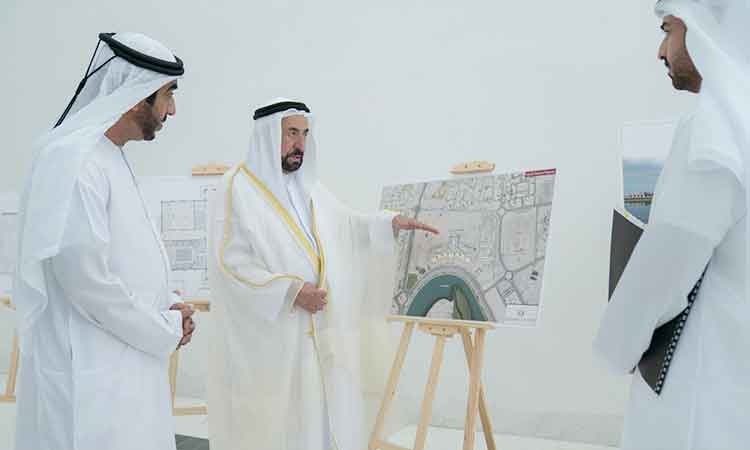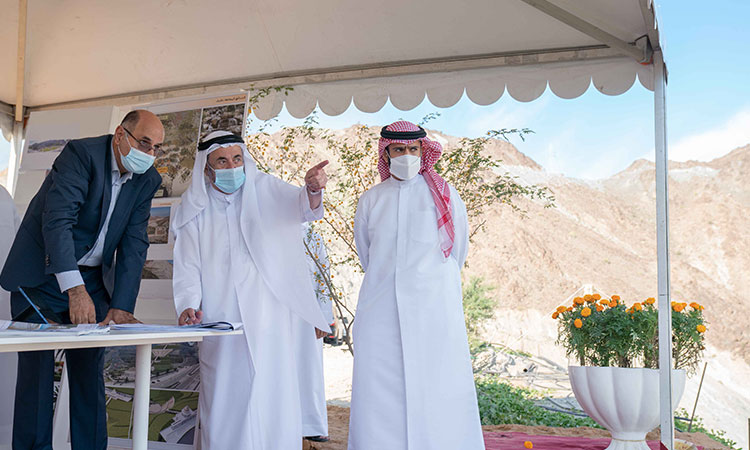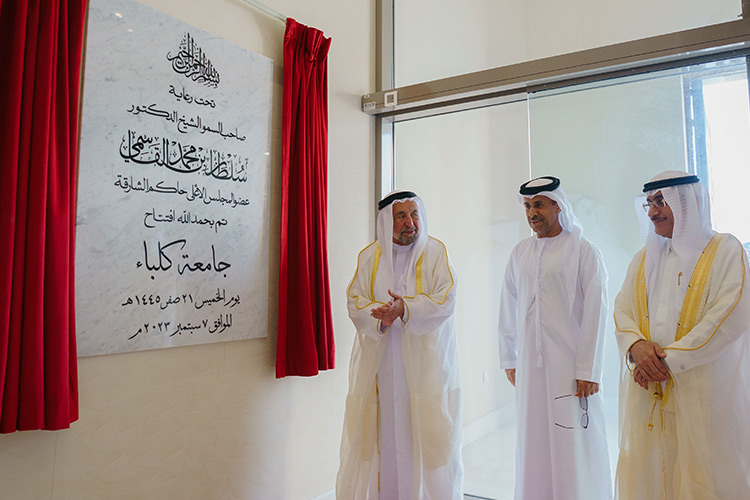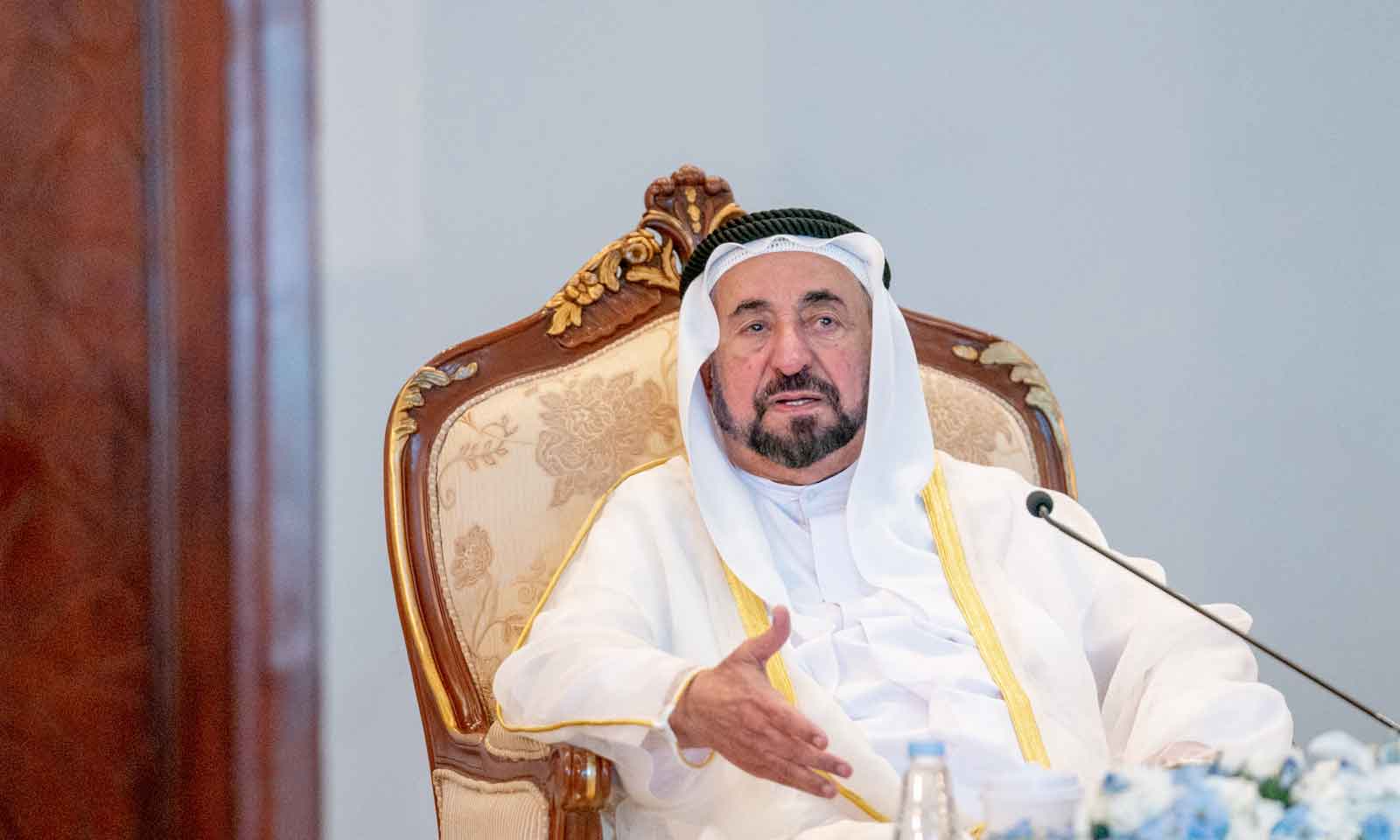Sheikh Sultan issues Decree-Law organising University of Kalba
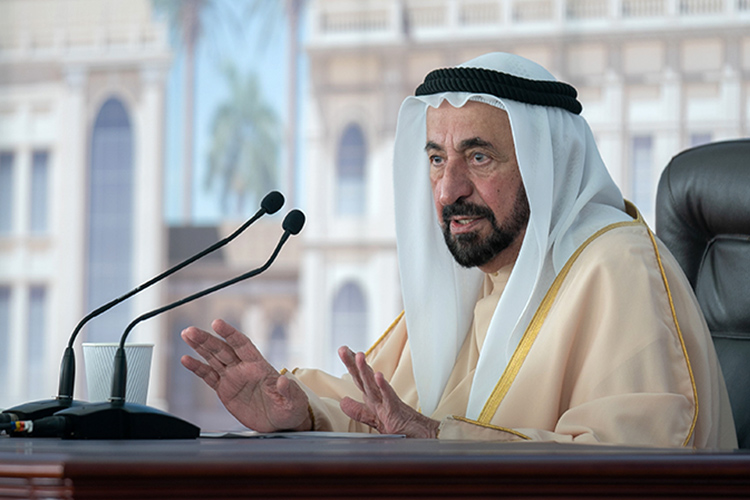
Sheikh Sultan Bin Mohammed Al Qasimi.
His Highness Dr Sheikh Sultan Bin Mohammed Al Qasimi, Supreme Council Member and Ruler of Sharjah, issued Decree Law No.4 of 2023, regarding the organisation of the University of Kalba.
According to the Decree-Law, the university will be a non-profit Arab academic scientific institution, with the legal personality and legal capacity necessary to achieve its goals and practice its specialisations. It will have financial and administrative independence and will be owned by the government.
The main headquarters of the university is in the city of Kalba, and it is permissible, by a decision of the president, to establish branches for it inside or outside the Emirate.
The Decree-Law stipulates that the university aims to achieve the following:
1. Forming the human scientific personality based on Islamic values, Arab authenticity and scientific development.
2. Achieving balanced growth in the personality, knowledge and abilities of students studying at the university, and preparing human competencies trained in theory and practice to meet the requirements of the comprehensive development plans in the country.
3. Supporting and encouraging scientific research with the aim of achieving scientific development and community service.
4. Introducing and developing programmes for higher education in order to achieve academic excellence, in accordance with the university's policy and plans based on the needs of the community.
5. Strengthening cultural and scientific ties with other universities, institutes of higher education, and Arab and foreign academic bodies.
6. Providing the necessary care for students and members of the teaching and administrative staff at the university of various nationalities, creating a suitable environment for them and encouraging them to excel, create and innovate.
7. Contributing to community service by forming partnerships with government and private entities, and responding to and interacting with community needs.
According to the Decree-Law, the Ruler of Sharjah, will be the president of the university and the chairman of the board of trustees, and His Highness may authorise other members of the board to exercise all or some of His Highness’s powers in the board.
The following administer the university, each in its field of competence, in accordance with the provisions of this Decree-Law and its implementing regulations:
1. Board of Trustees.
2. Chancellor of the University.
3. Deans Council.
The Decree-Law also stipulates that the university consists of colleges, institutes, research, education and training centres, and scientific institutions that are determined by the decisions issued by the president based on the proposal of the chancellor and the approval of the board.
The university, with all its colleges, institutes, centres, and academic, administrative, financial, and societal departments, is subject in all its affairs to the regulations and legislation in force in the country.
The university grants certificates of scientific, academic, professional and honourary degrees to those who deserve it in accordance with the provisions of this Decree-Law and the regulations issued thereunder.
According to the Decree-Law, teaching at the university shall be in both Arabic and English, based on the nature of the accredited study programmes. The board may also adopt some other languages in teaching or training at the university if the nature of some of the accredited study programmes require that.
The Decree-Law also stipulated that the University of Sharjah be assigned to take academic, administrative and financial measures to enable the University of Kalba to fully operate during a transitional period not exceeding three years from the date of issuance of this Decree-Law.
The Decree-Law also included a number of legal articles regulating the university in terms of financial resources, the general budget and the fiscal year, transitional provisions, and others.
WAM
